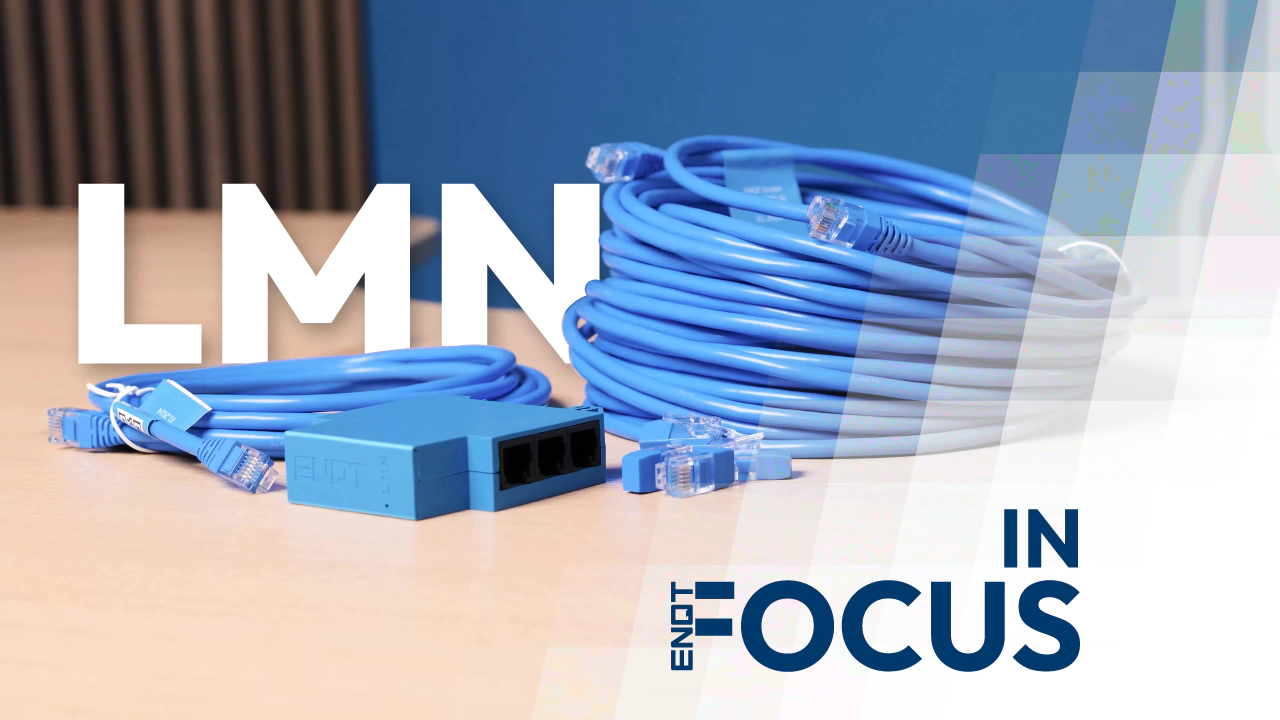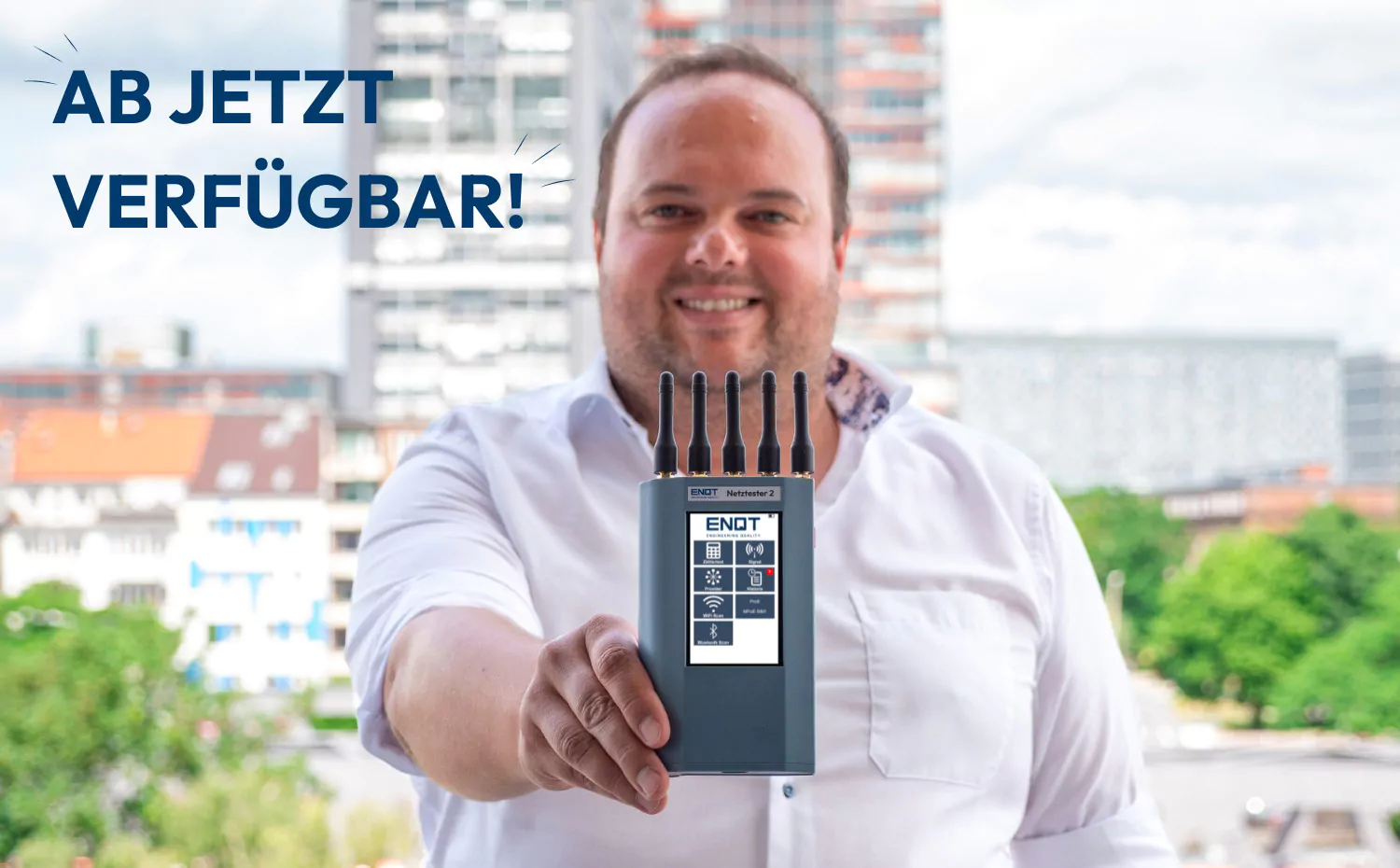The smart meter rollout in Germany is gaining momentum and is becoming relevant for more and more applications. Due to the increasing digitization of the energy industry and the associated modernization of the power grids, the use of intelligent measuring systems, so-called smart meters, will become unavoidable in the future. These not only enable precise recording of energy consumption, but also play a crucial role in the distribution of renewable energies and the optimization of grid operations. A central element of these systems is the Smart Meter Gateway (SMGW), which enables communication between the measuring devices and the players in the energy market.
Smart Meter Gateways: The Communication Centers
The Smart Meter Gateway (SMGW) is the central communication unit of an intelligent measuring system. It receives the measurement data from the connected meters and forwards it in encrypted form to various market participants such as grid operators and electricity suppliers. According to the Metering Point Operation Act (MsbG), the SMGWs are mandatory for end users with an annual electrical consumption of more than 6,000 kWh, generation plants with an output of more than 7 kW and controllable consumption devices that claim a reduced network fee.
The integrated security module not only stores the collected data securely, but also processes and sends it in accordance with the requirements of the energy industry. This ensures a high level of data security and data protection, which is particularly important in the context of increasing networking and digitalization.
The LMN Technology: the Backbone of Data Communication
The Local Metrological Network (LMN) is the connection technology between the Smart Meter Gateway (SMGW) and the individual meters. This local networking is essential for the encrypted exchange of measurement data within an intelligent measuring system. The LMN enables communication via various interfaces, including wireless short-range radio technologies such as Wireless M-Bus or serial connections.
A key feature of the LMN technology is the support of so-called 1:n installations. This means that several meters can be connected to a single SMGW, which is particularly advantageous in scenarios with multiple meters such as apartment buildings or commercial properties. Here, all meters can be read via a central SMGW and the data forwarded accordingly.
The Need for LMN Technology: Efficiency and Scalability
The need for LMN technology arises from the increasing complexity and growing scope of the smart meter rollout. The efficient networking of the individual meters with the SMGW not only enables precise and secure data collection, but also contributes to cost efficiency. Significant savings can be realized by using high-quality LMN components, as, for example, in an apartment building a single SMGW can control up to 32 meters. This significantly reduces hardware effort and installation costs.
In addition, LMN technology enables flexible and scalable networking that can be adapted to the specific requirements of different use cases. The support of different communication interfaces and the ability to network meters that are geographically far apart make the LMN a central component for the efficient implementation of the smart meter rollout.
Use Cases of LMN Technology: Versatile and Future-oriented
The LMN technology is used in various areas and offers a wide range of possible applications. Typical use cases include:
- Multi-family houses: Here, all meters in a building can be read via a single SMGW, which makes installation and operation easier and more cost-effective.
- Commercial properties: In companies and industrial plants where several meters are often required, the LMN enables efficient networking and central data management. Using the right technology, it is even possible to network electricity meters in different buildings.
- Smart Grids: In the context of intelligent power grids that enable dynamic distribution of renewable energies, the LMN technology is a decisive factor for the integration and communication of the various measuring systems.
Conclusion
The LMN technology forms the backbone of the modern measurement infrastructure and is a central building block for the successful implementation of the smart meter rollout. Through the efficient and flexible networking of the measuring devices, it not only contributes to cost efficiency, but also enables precise and secure data communication, which is essential for the digital transformation of the energy industry. With the continued spread of smart meters and the increasing importance of intelligent power grids, the relevance of LMN technology will continue to grow in the coming years.

